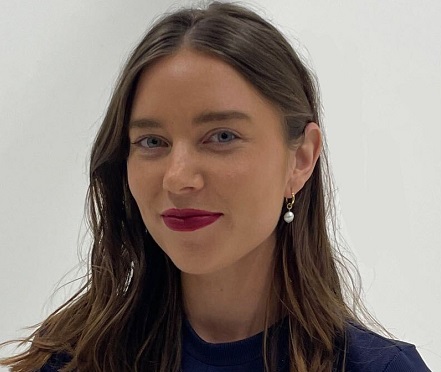The judge said the man turned to alcohol and other quick-fix solutions to make himself feel better.
“I think it publicly worthy of note that the psychologist reporting to the court believes that high-performance sport has not well-handled failure for athletes to meet their goals.”
When the man was charged in 2022, Judge Davidson said, there was an “immediate and dramatic impact” on his life and the life of his family.
“Although you were not named, you were subject to dreadful adverse publicity, some of which I have seen. It is nothing short of disgraceful. You were removed from your high-performance training squad; you lost the camaraderie and support of athletes who you had come to know and train with.”
The man’s lawyer, Hugo Porter, argued on behalf of his client last year that the “nature of the convictions are such as he’s put the Olympic dream aside”.
However, the chief executive of the body that represents the sport the man was active in told the Herald last year the man was not a member of the organisation when he was charged in 2022, nor was he in contention for the Paris Olympic Games.
Judge Davidson also noted the man had lost his part-time employment and accommodation, and was “forced” to put his dreams and aspirations to one side.
“You went home to live with your supportive parents. Undoubtedly with their support and by your own drive and determination you have made every effort to rebuild your life and make amends for your offending.”
He wrote of how he was now employed again, had undertaken more than 300 hours of voluntary work and at least 12 counselling sessions, a full psychological assessment and committed to continue with psychological counselling.
“You have continued to train more or less on your own in the hope that you may be able to fulfil your dream of returning to high-level sport. It is hard for me to see what else you could ever have done to make amends for your offending,” Judge Davidson said.
When discussing the impact on the victim, Judge Davidson said she has been affected emotionally, psychologically and in her educational progress.
“She has lost confidence and has low self-esteem.”
While he said there was an “obvious degree of persistence and pre-meditation” to the offending, it was far from the “classic case of mature adult offender and young victim” as the man was five years older than the teen.
“Probably the more serious aggravating feature is the effect the offending has had on the victim,” the judge added.
Mitigating features referenced by the judge included the athlete’s guilty pleas, lack of previous convictions, the impact the charges had on his athletic career, access to training facilities, high-performance training squads, employment, accommodation, mental health and self-esteem.
He said the potential consequences of a conviction included how it would “almost inevitably” end his athletic career, and be a “crushing blow” to his future employment and career prospects.
“In the modern world travel is almost an imperative, often associated with employment and career prospects. Convictions of this kind could fetter travel.”
Lastly, the judge said that convictions would only add to the stigmatisation the athlete has already suffered.
“The gravity of the offending viewed as a whole is relatively low; the consequences of conviction for you are quite grave; and, in my view, out of all proportion to the offending itself.”
He said publication of his name would undermine and defeat the discharge without conviction order and wrote that he had “no doubt” that it would inflame a social media and “citizen journalism outcry”.
“All that I have seen so far would have your name in bold lights associated with it. To my mind there is a significant risk of permanent and irreparable damage, not only to you but also to your family,” Judge Davidson said.
Katie Harris is an Auckland-based journalist who covers social issues including sexual assault, workplace misconduct, crime and justice. She joined the Herald in 2020.
